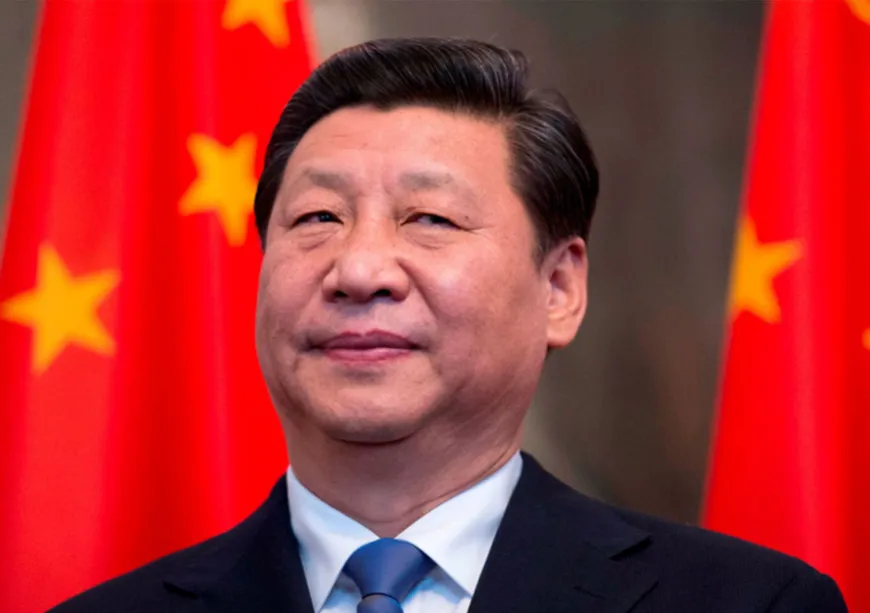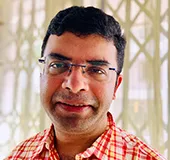
There are growing signs that the purge within the People’s Liberation Army (PLA) is widening after senior officers were shunted from the National People’s Congress, which functions as China’s parliament. At the same time, there is a greater resonance of an anti-corruption narrative within China.
Those shown the door from legislative and deliberative bodies comprise a cross-section of personnel from elite sections of the military establishment and the defence-industrial complex. These included Lieutenant General Zhang Zhenzhong and Rao Wenmin worked in the Central Military Commission (CMC) that was tasked with oversight of the defence services; Lieutenant General Zhang Yulin was employed in the CMC’s equipment development department; Rocket Force brass General Zhou Yaning, and his successor, General Li Yuchao, at the elite military unit that is the custodian of the nation’s nuclear arsenal; and Lieutenant General Li Chuanguang. General Ding Laihang, a former commander of the PLA’s Air Force, and Vice Admiral Ju Xinchun, former deputy commander of the PLA’s Southern Theatre Command. The People’s Political Consultative Conference revoked the memberships of technocrats like Wu Yansheng, who helmed the China Aerospace Science and Technology Corporation; Wang Changqing from the China Aerospace Science & Industry Corporation (CASIC), which is engaged in the production of missiles, and Liu Shiquan who worked in both CASIC and the China North Industries Group Corporation, which manufactures armaments for the PLA. Recently, there has been a churn within the Communist Party of China’s (CPC) top leadership with the lack of public appearance of former Defence Minister Li Shangfu and former Foreign Minister Qin Gang. Such an abrupt change of leadership was also witnessed in the Rocket Force. In recent times, there has been a heightened narrative on financial turpitude in China. In its message for the new year, the PLA Daily warned rank and file about the dangers of corruption. Earlier in an article published in the Communist Party of China’s journal ‘Qiushi’, China’s President Xi Jinping exhorted the nation’s auditors to minutely scrutinise the working of top officials in the fields of industry, technology, and finance.
General Ding Laihang, a former commander of the PLA’s Air Force, and Vice Admiral Ju Xinchun, former deputy commander of the PLA’s Southern Theatre Command.
Xi’s PLA ambitions and ground reality
In his speech at the 20th National Party Congress in October 2022, Xi focused on his vision for the PLA. He stressed that building a world-class military was an important facet of his modernisation, emphasising on expediting important projects related to the development of defence-related science and technology, armaments, and equipment. He also pledged to speed up scientific and technological advances in combat capabilities. In recent years, the defence establishment has been flush with funds, with the outlay on the military increasing by 10 percent each year for more than a decade between 2000 and 2016. Last year, China’s defence budget saw an increase of 7.2-per cent, around 1.55 trillion yuan (US$224 billion). Higher allocations in the defence sector do not seem to have substantially given the PLA a superior edge as evidenced by the findings of a CPC report in the People’s Daily that uncovered “glaring shortcomings” in the Rocket Force units in charge of conventional and nuclear missiles. This has now been corroborated by an assessment of US intelligence agencies that corruption within the PLA and its military-industrial establishment has impaired China’s defence preparedness. It states instances of malfunctioning lids at missile silos in Western China and missiles filled with water instead of fuel. The CMC, which is the army’s highest decision-making authority, is also seized of this matter and has called for greater transparency. CMC Vice-chairperson General Zhang Youxia has stated that the PLA’s acquisition and research units must focus on quality to meet Xi’s modernisation goal and to develop the capability to win battles. Zhang also underlined other priorities for the PLA namely: providing better-quality provisions to meet battlefield requirements; improving the process of quality control to achieve better utilisation of advanced technologies in weapon development; and upgrading systems.
Higher allocations in the defence sector do not seem to have substantially given the PLA a superior edge as evidenced by the findings of a CPC report in the People’s Daily that uncovered “glaring shortcomings” in the Rocket Force units in charge of conventional and nuclear missiles.
CPC-PLA entanglement
The CPC follows the Maoist dictum that the “Party must command the gun”, seeking the unswerving loyalty of its generals. The PLA has representation in China’s decision-making bodies—the Politburo and the Central Committee. Two PLA generals sit on the Politburo, whereas in the Central Committee, the military establishment accounts for around 20 percent of the 205 permanent and 171 alternate members. The immediate families of the CPC elite had considerable stakes in China’s defence industrial complex. For example, the relatives of senior Chinese leaders Deng Xiaoping, Ye Jianying and Yang Shangkun had ties to large defence companies in China. The interlocking of the PLA’s and CPC's power structures and the imperviousness of China’s political system are key factors that rear corruption. In recent times, the CPC has tried to address the issue of the nexus with guidelines for cadres that mandate disclosure of business activities of their immediate family and relatives. An article published in People’s Daily reasoned that the regulations were needed to ensure that CPC apparatchiks did not serve “special interest groups”, lamenting that the unscrupulous activities of many high-ranking officials in helping their kin to rake in illegal profits hurt the Party’s image. However, the meshing of interests between the political and military elites has made it difficult to weed out corruption within the defence-production system.
Xi has spoken about the need for investigators to weed out corruption from areas like state-owned enterprises, which are abundant in resources and funds.
To sum up, first, conventional thinking within the CPC was that sustained financial allocations into priority fields would help meet its desired goals. Xi ordering auditors to verify if indeed there is a bang for the buck shows his resolve to improve discipline. Second, the recent conclave of the Central Commission for Discipline Inspection, a key CPC mechanism to check graft, is a pointer to the future. Xi has spoken about the need for investigators to weed out corruption from areas like state-owned enterprises, which are abundant in resources and funds. He has also signalled that the priority remains to crush the collusion between business interests and the political establishment, which seems to indicate his anti-corruption campaign will gather steam in the coming days. Lastly, the strained dynamics between Xi and the PLA leadership may have set in a sense of Schadenfreude, especially given that the tense standoff and massive troop build-up on the India-China border remains. However, the rejig indicates that by being tough on graft, Xi is overhauling PLA’s combat capabilities for the looming battles ahead.
Kalpit A Mankikar is a Fellow with the Strategic Studies Programme at the Observer Research Foundation
The views expressed above belong to the author(s). ORF research and analyses now available on Telegram! Click here to access our curated content — blogs, longforms and interviews.




 PREV
PREV


